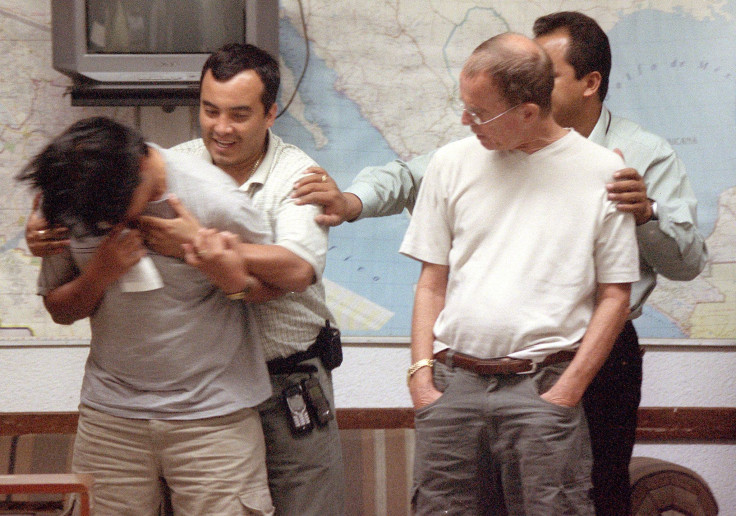
Mexico ranks first in the world in the distribution of child pornography and second in production with about 85,000 children exploited per year, according to experts at the forum "Combatting Child and Adolescent Pornography". According to La Jornada, Jorge Zermeño, an advisor with the human rights division of the Mexican attorney general's office, said that of the more than 33 percent of Mexican youths who have access to the Internet, 2 percent say they've had some kind of contact with child pornography. The newspaper says there are over 1,300 Mexican websites dedicated to hosting such content.
According to El Economista, law-enforcement authorities who spoke at the forum pointed to the laws currently on the books in Mexico, saying combating child pornography was made difficult because it does not require service providers to hand over information on users who distribute such content, making investigations drag on for years before violators are prosecuted. The sexual exploitation of over 2 million minors generates more than $2 billion worldwide every year - a figure higher than that corresponding to drug- and arm-trafficking. In Mexico, the problem is especially bad in the poorest states, such as Oaxaca, Chiapas, Guerrero, Puebla, Veracruz, Tabasco and San Luis Potosí. Rosi Orozco, president of the United Commission Against Trafficking, told Milenio that the most vulnerable children live in those states, where "traffickers come to rob by filming them, photographing them and exposing them online".
Orozco added that Mexico is considered a country of "origin, transit and destination" for trafficking for its high rates of incoming and outgoing migration as well as for the abundance of tourist destinations, where Mexican boys and girls can be objects of abuse. Mothers and fathers, she said, needed to be more meticulous in supervising their children's online interactions. "Parents shouldn't feel bad for watching their sons and daughters; when they stop being fathers or mothers and turn into pals, those boys and girls become orphans, because the parents put their sons and daughters at risk when they don't keep tabs on the right use of technology."
Jacobo Bello, coordinator for the federal police's electronic crimes unit, argued at the forum last week that more efficient laws are needed to combat child pornography in Mexico, especially greater cooperation on information-sharing between law enforcement and privately owned communications companies, in order to prevent the dissemination of illicit materials.
RELATED: Mexico City Police Had Hand In Murder Of 'Tepito 13', Say Mexican Authorities
© 2025 Latin Times. All rights reserved. Do not reproduce without permission.




